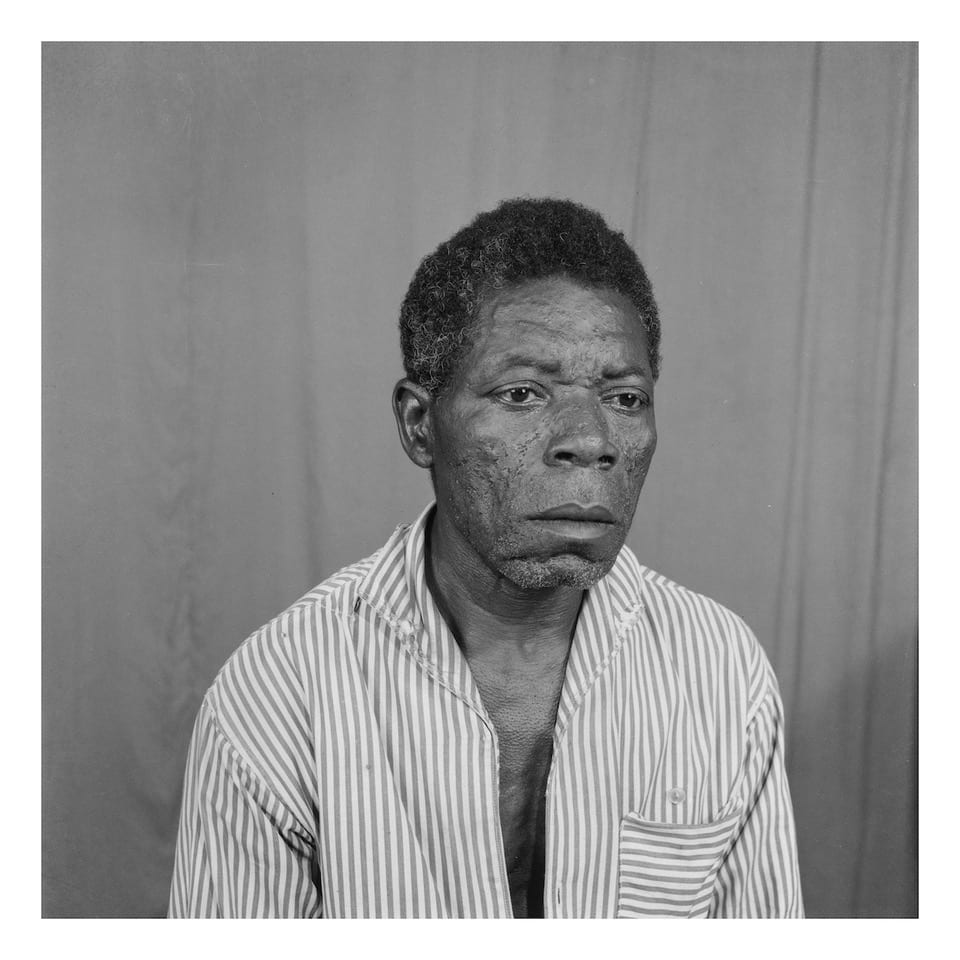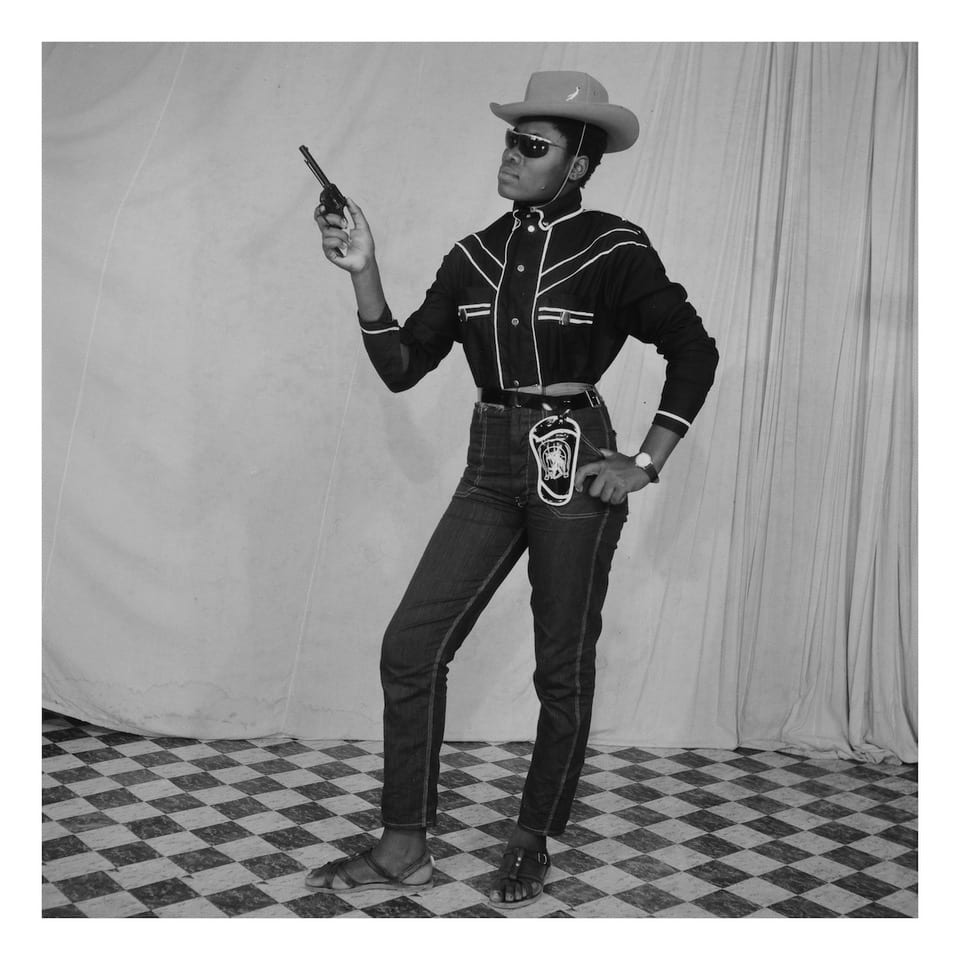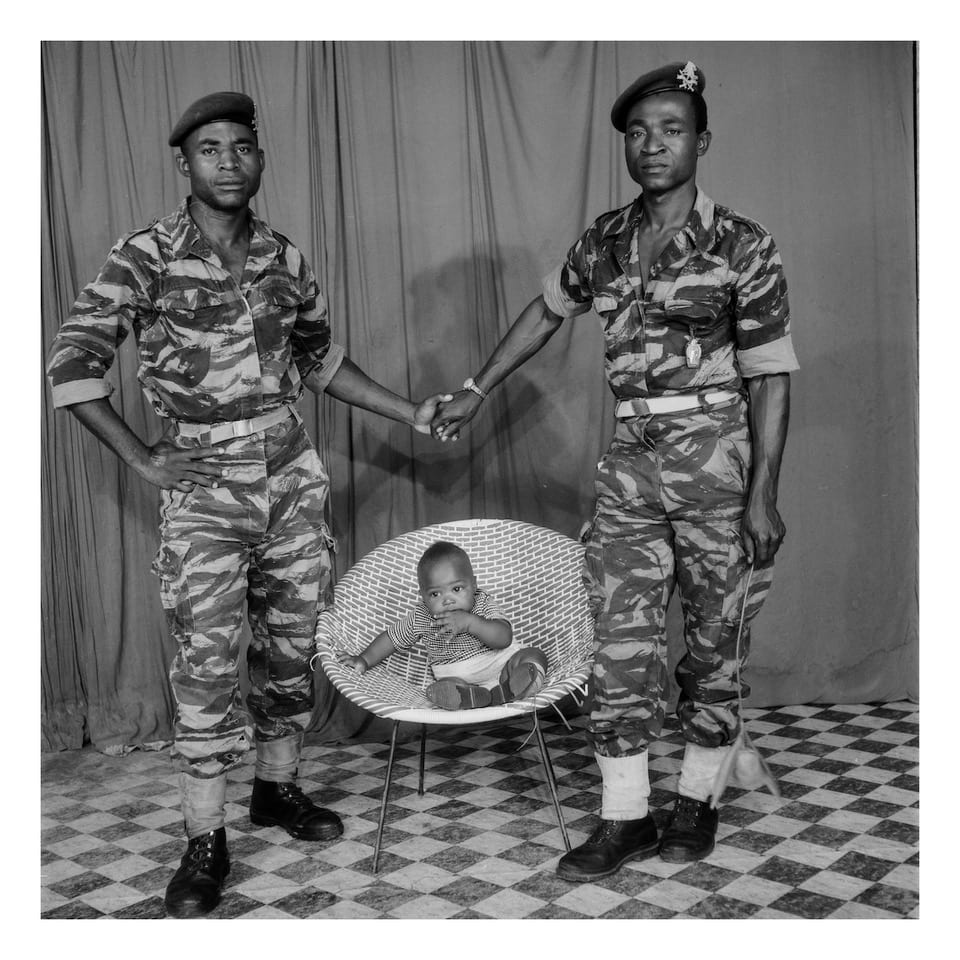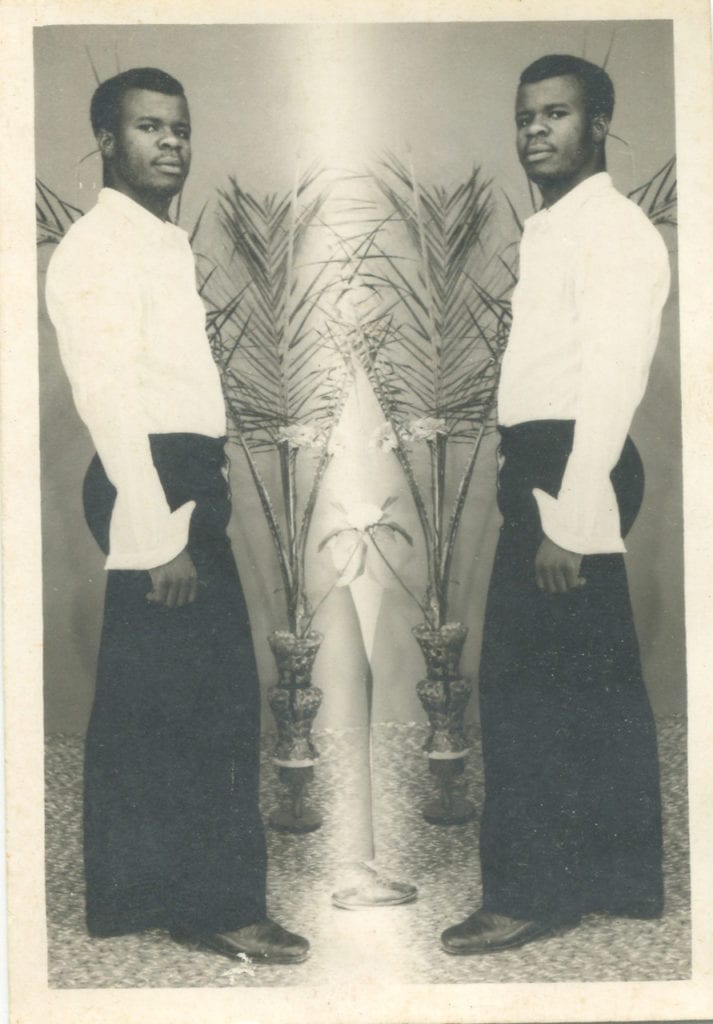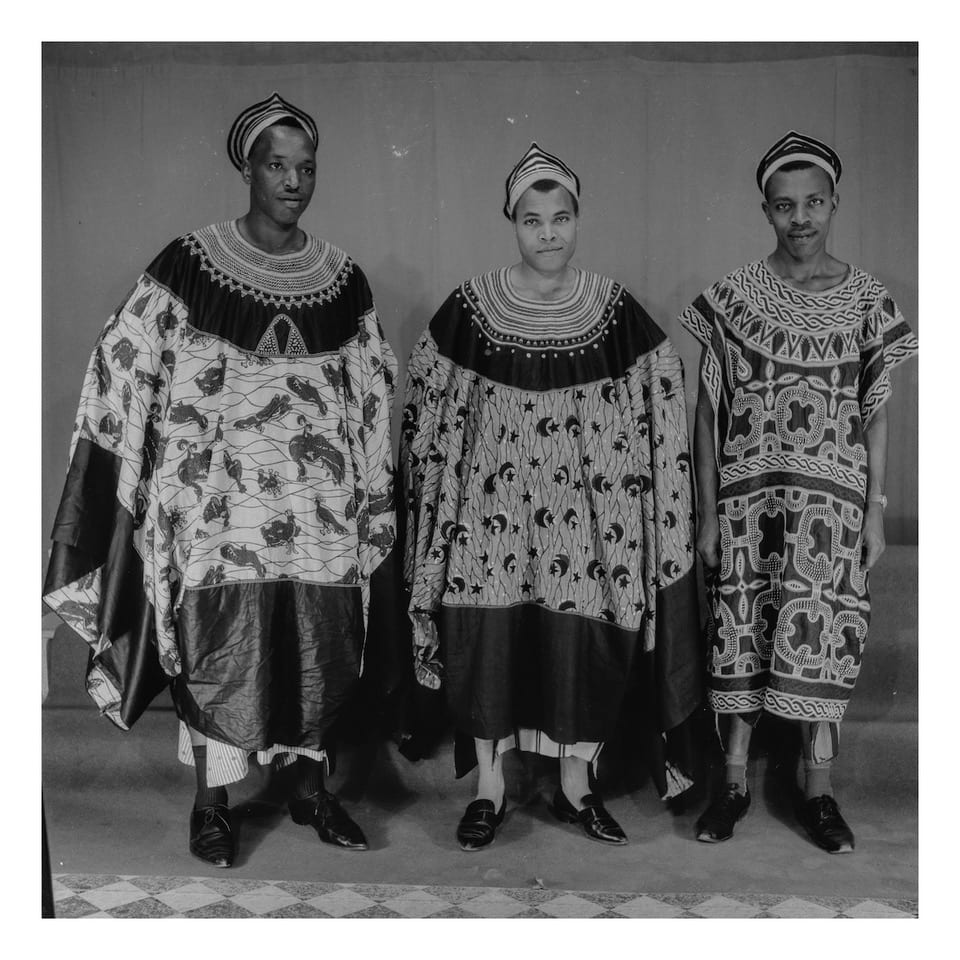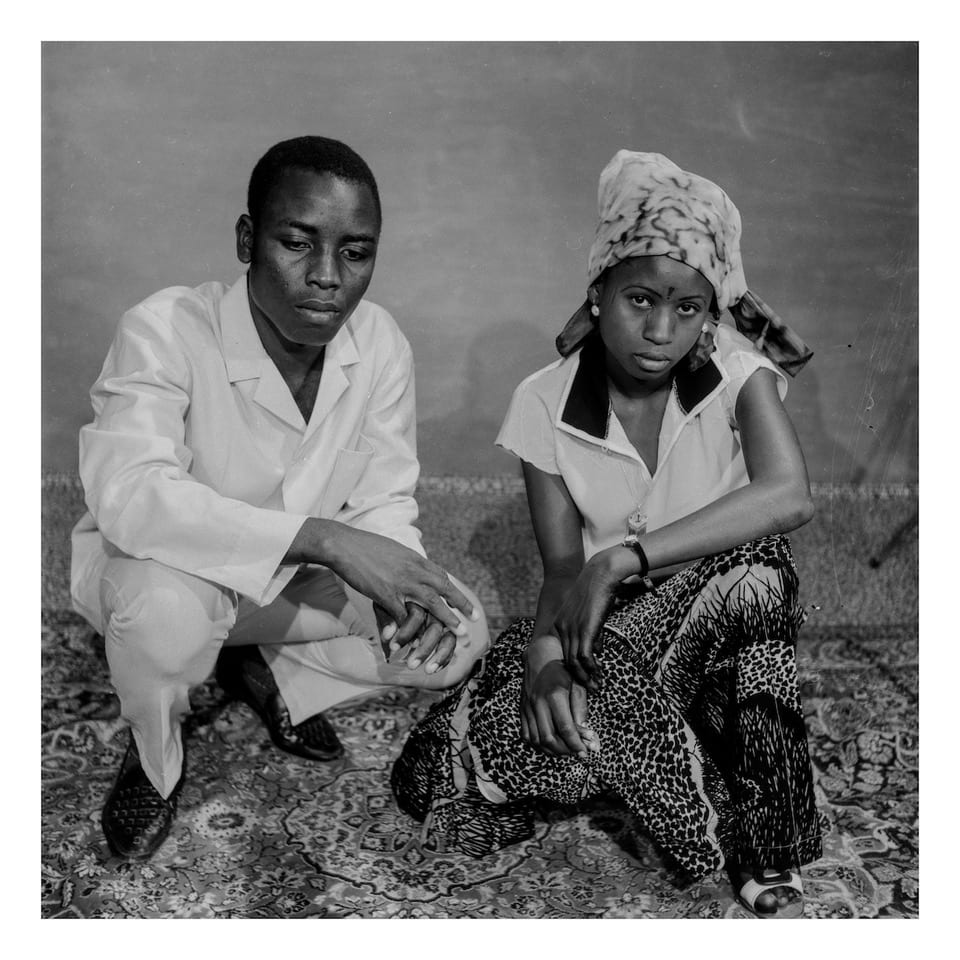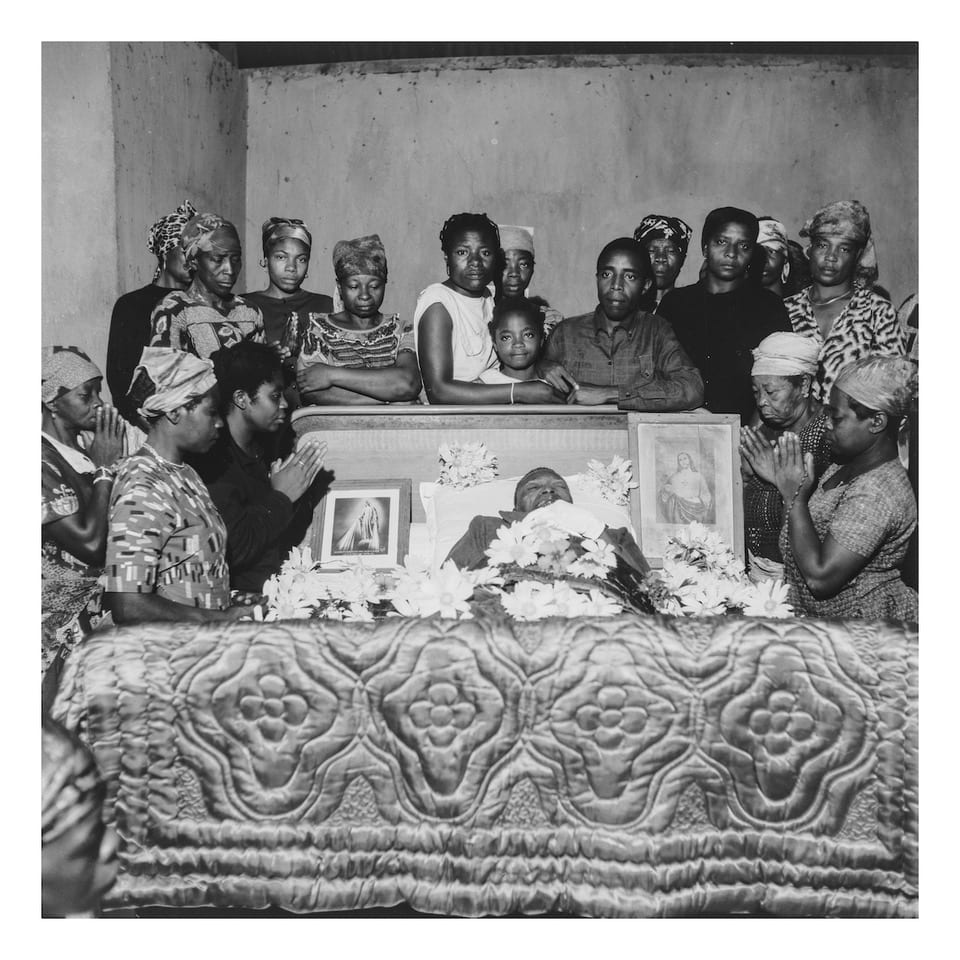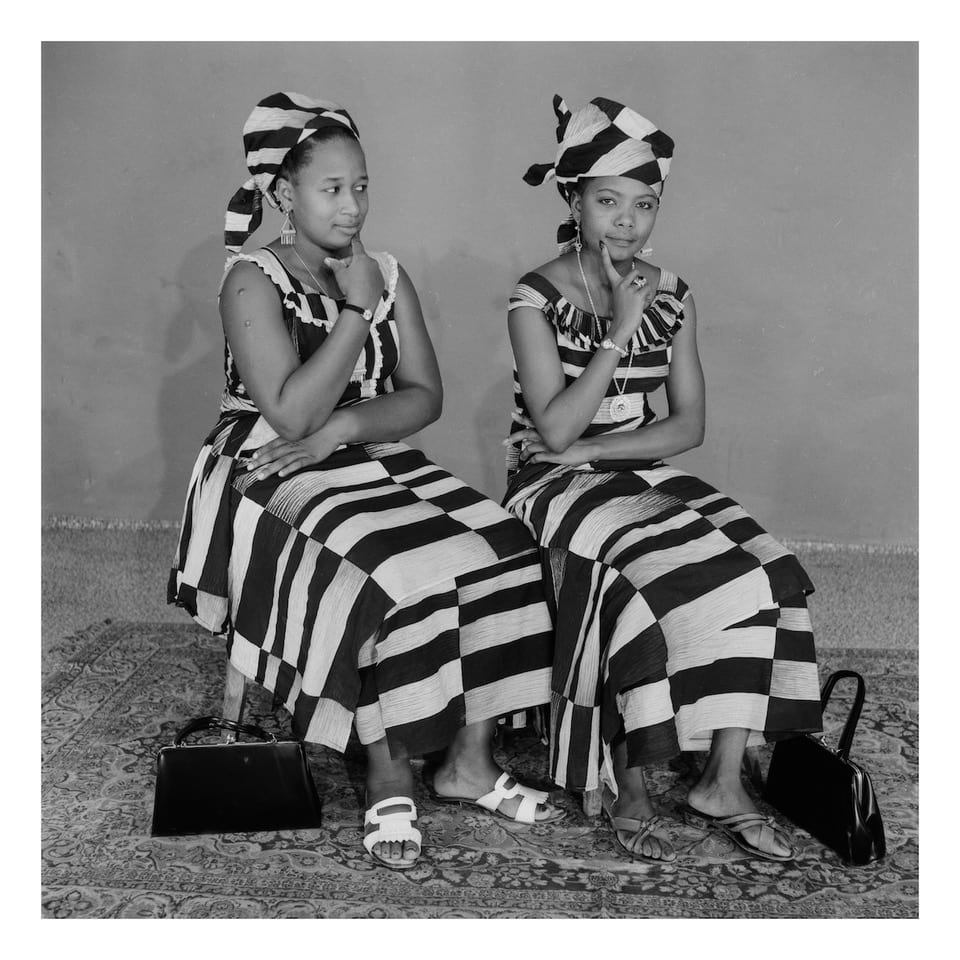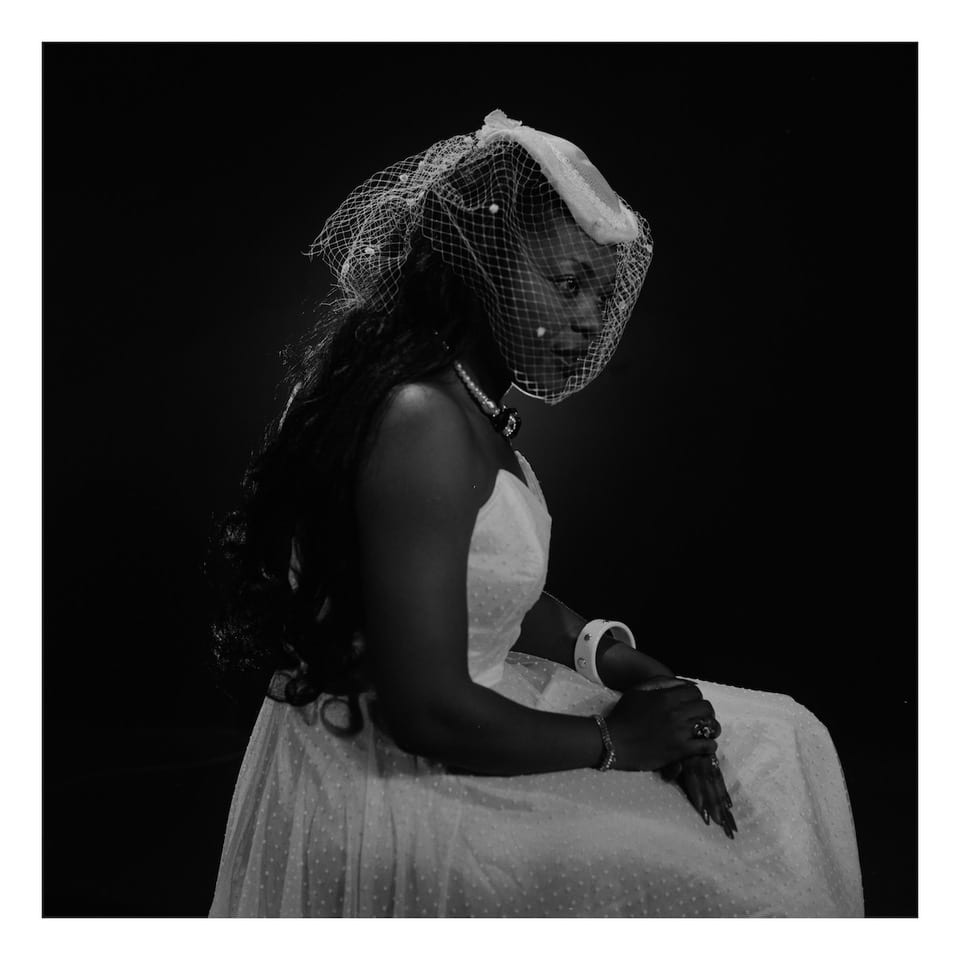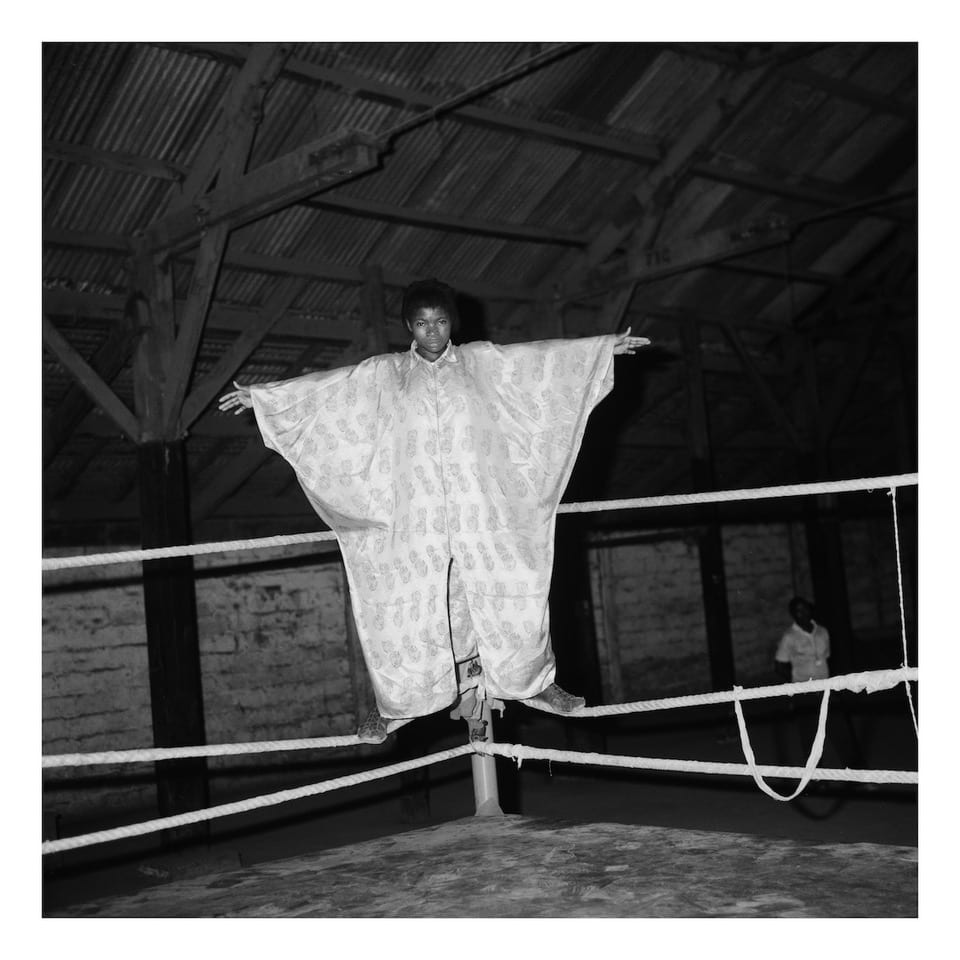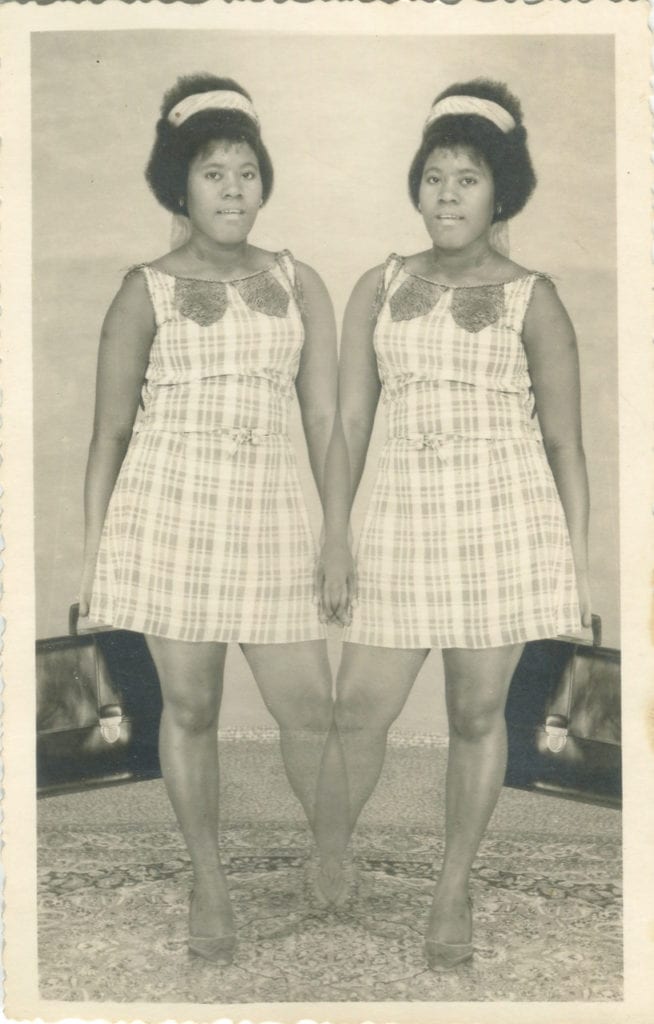In the first week of October 2019, the work of Michel ‘Papami’ Kameni was shown for the very first time, in the 1-54 Contemporary African Art Fair at London’s Somerset House. The photographs explore the rapid evolution of postcolonial Yaounde, the capital of Cameroon, from 1963 onwards – many of the images had not been seen since they were shot 56 years ago. The cultural transformation in the photographs is astounding; from portraits from the 1960s that show sitters wearing traditional Cameroonian garments, to the Western impact that takes hold in the late 1970s, and the mixed religious influence in the area. How the photographs made it from a small studio in Cameroon to being exhibited worldwide is also an astounding feat.
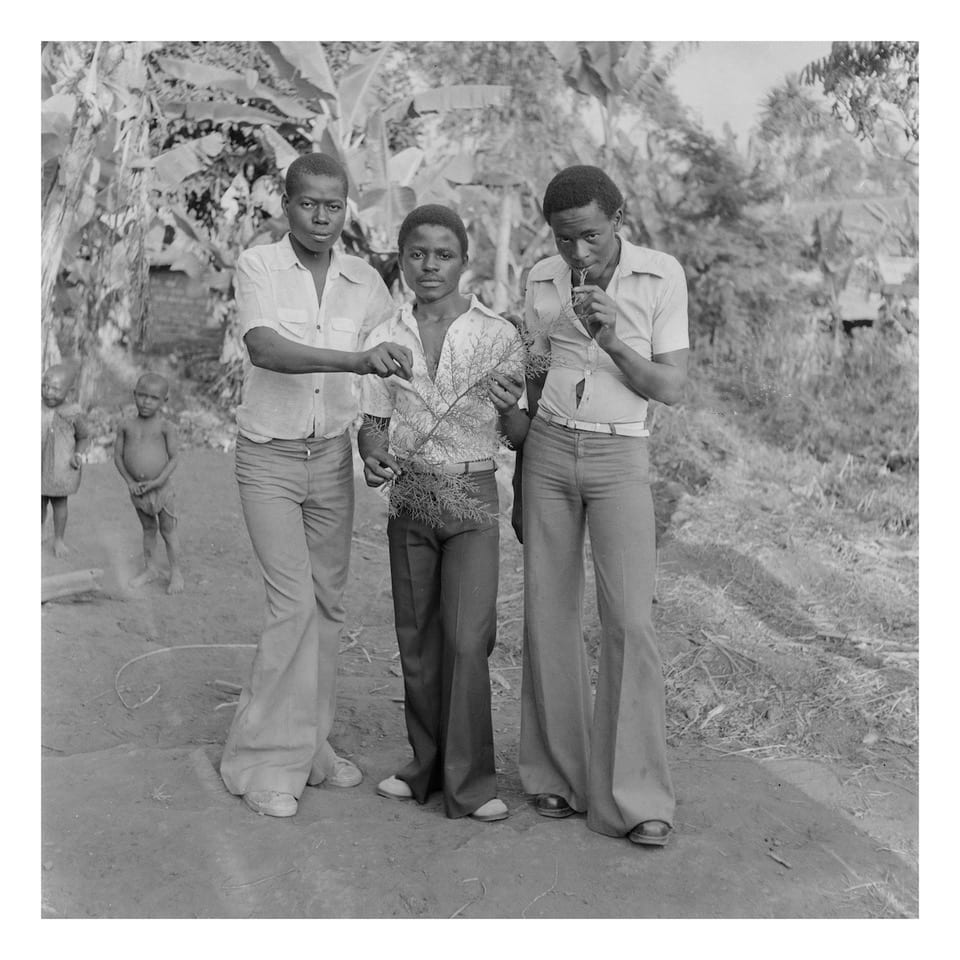
Photographer and filmmaker Benjamin Hoffman stumbled across the studio when he was in Yaounde four years ago, attending the premiere of a documentary he shot there. After getting stuck in traffic on his way to the screening, the cab he was in took a detour through a part of the city he had never been to. When he saw the studio, he felt compelled to go in and have a look. “Inside was Kameni’s son who showed me hundreds of thousands of dusty photographs,” says Hoffman, “I was completely obsessed with what I saw.”
Kameni was born around 1935; his exact birth date or year is unknown but he is somewhere between 85 and 90 years old. He set up his studio shortly after Cameroon gained independence in 1961, working on commission for families in the area. “I think that’s partly why his work has remained unknown,” says Hoffman. “No one was interested in digging into the archive. People wanted to come into the studio to get their picture taken and that’s it.”
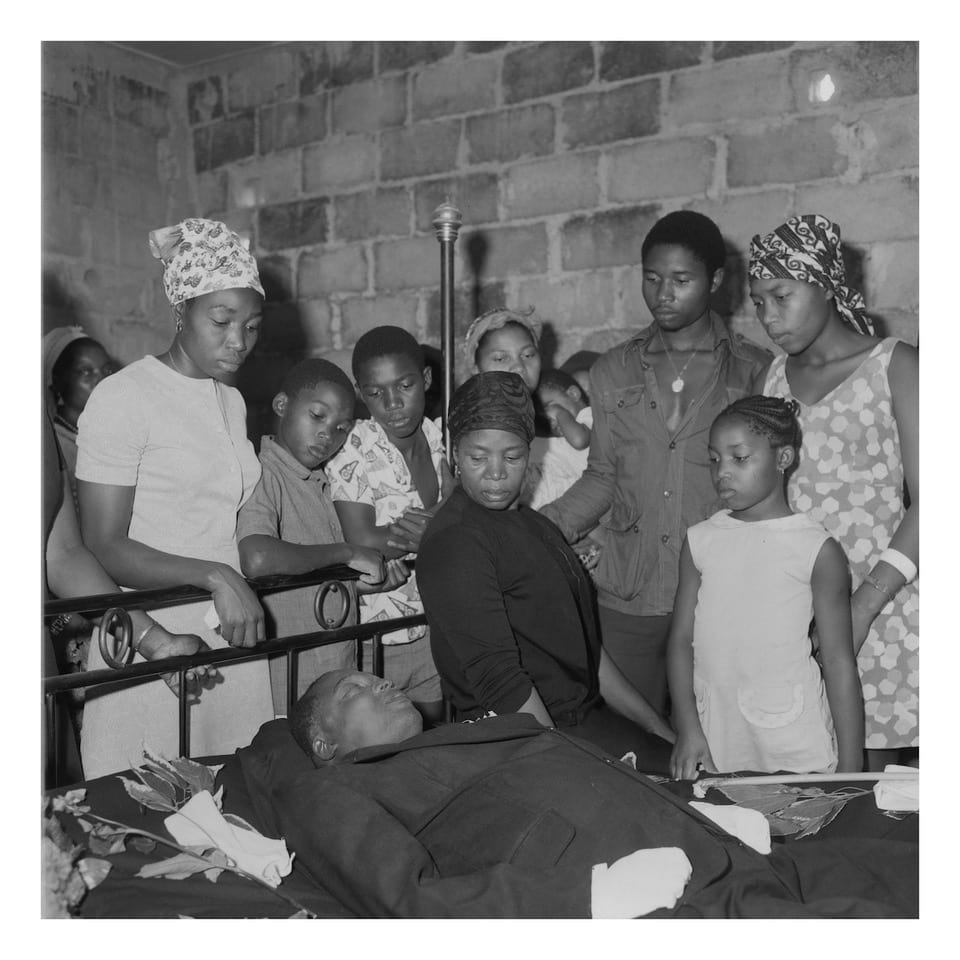
Kameni stopped taking pictures in 2007, after losing his sight to cataracts. “I ask him about the photographs, and he can remember every picture he took, even though he cannot see them,” says Hoffman. “We go through the negatives, and I describe the photograph to him, and he can remember the day, month and year that they were shot.” During his career, Kameni developed a double exposure process in his darkroom, which involved him flipping the negative and moving the photo paper to create an inverted image of the same photograph. He also played extensively with light. “How he manages to backlight the images is amazing,” says Hoffman.
For Hoffman, cutting down the 120,000 photographs to 4,000 has been arduous work, and he is yet to get started on Kameni’s colour archives. He chooses the photographs for their composition, but also for their backstory. He is particularly taken by a series depicting families standing around the bed of a family member who has died. “Those photographs are very sad but very strong,” he says. “The composition reminds me of Renaissance paintings.”
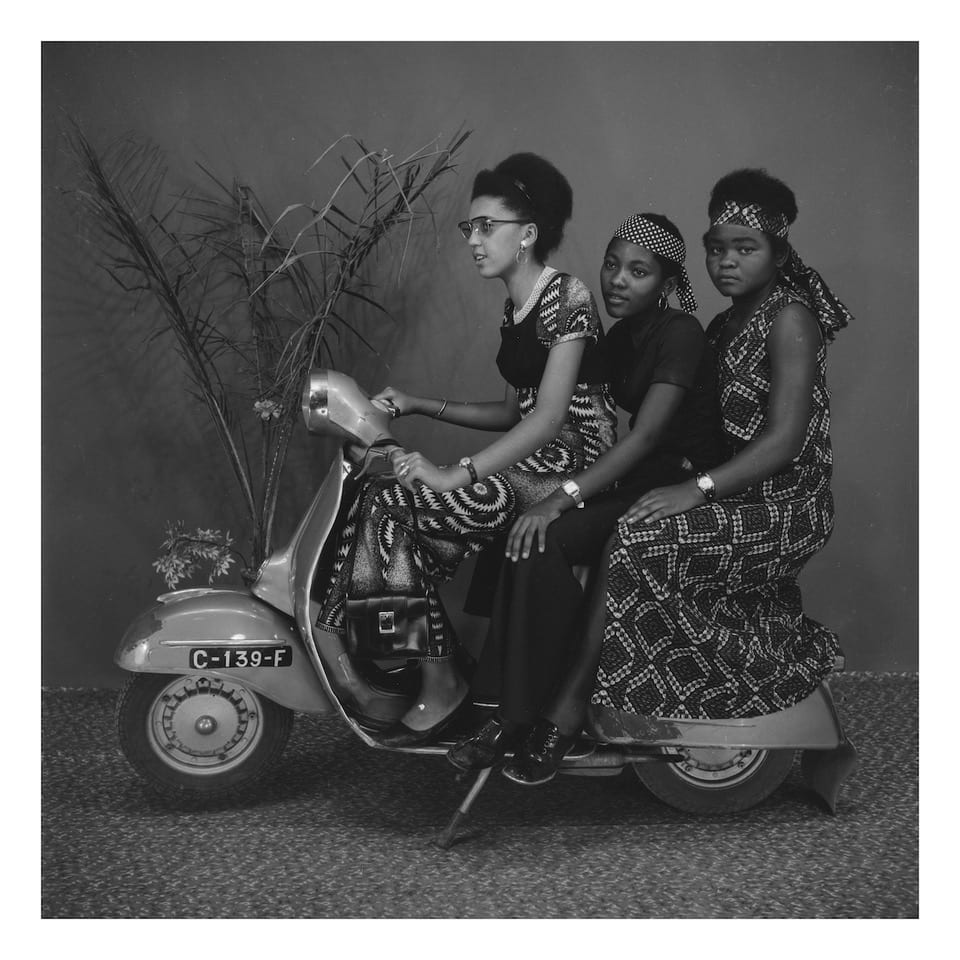
Hoffman’s aims are to give new life to the archives of this once forgotten body of work. He hopes to put Kameni in his rightful place as one of the most interesting and captivating photographers of his time. “I am exhibiting the work outside of Cameroon, but it will be shown in Kameni’s hometown next year,” says Hoffman. “That will be really special, because people will be able to recognise themselves, or their grandparents. Hoffman is working closely with Kameni on the exhibition, and is also creating a book. The project is in partnership with Lee Shulman, the founder of The Anonymous Project.
Kameni’s work exemplifies the values of individuality, community and unity that lie at the heart of Portrait of Humanity; a collaborative global award aiming to prove there is more that unites us than sets us apart.
200 shortlisted images from Portrait of Humanity 2020 will be exhibited in Space! We’re extending the entry deadline to 21 January 2020 – 23:59 (UK Time).
Together, we will create a Portrait of Humanity.
